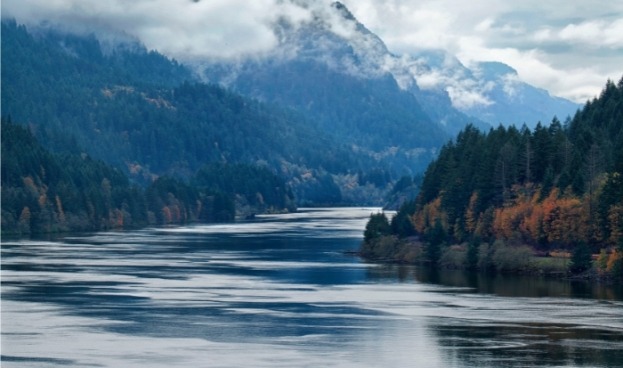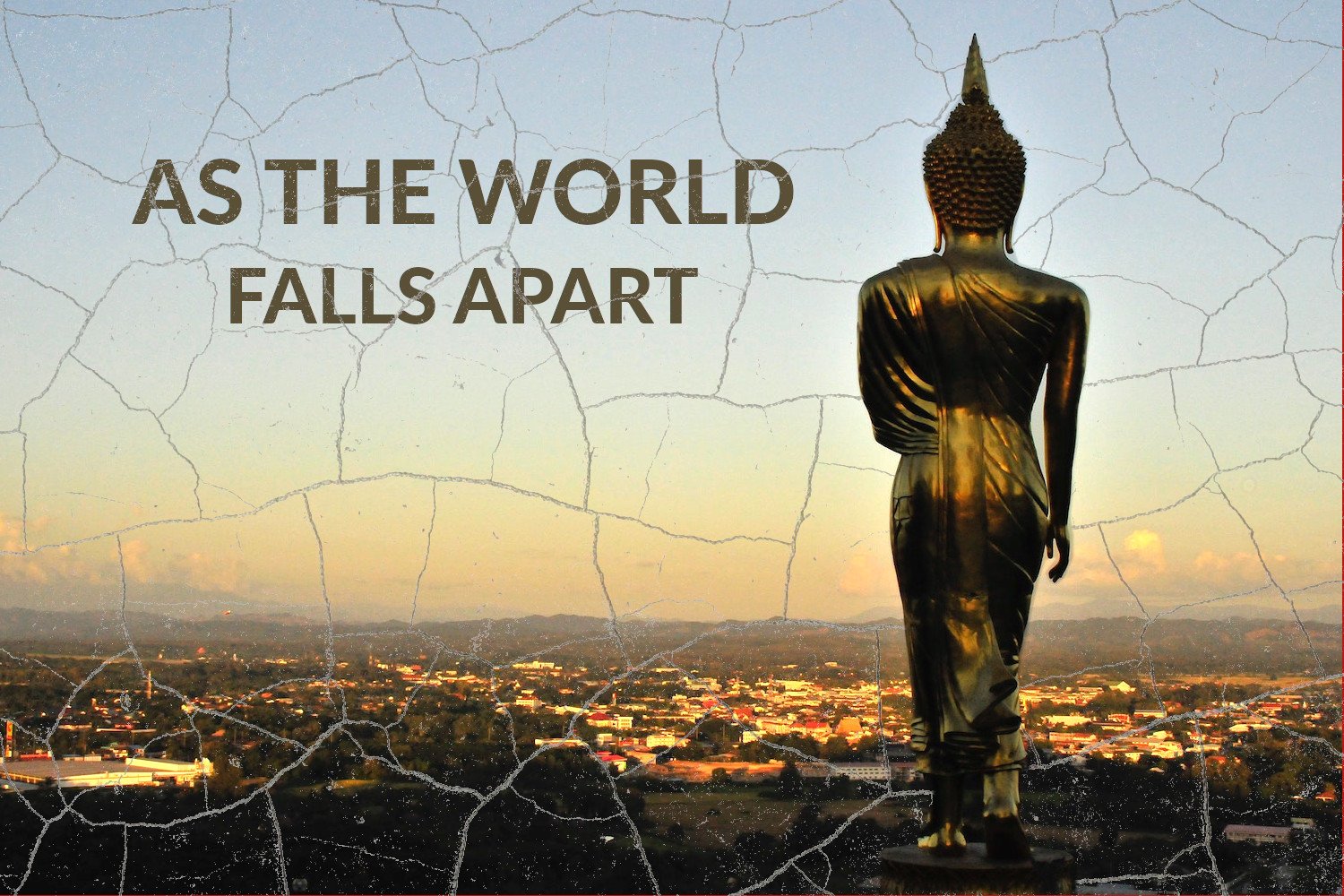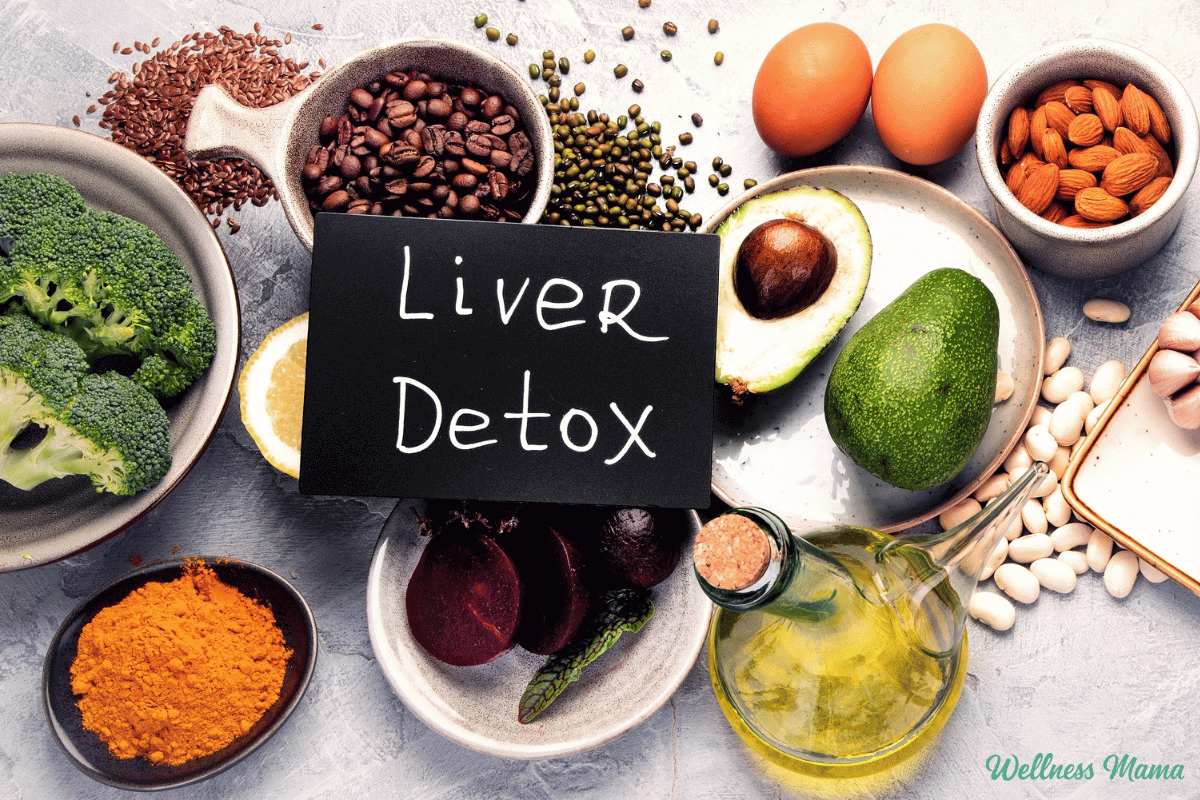Return to the River of Belonging
O, Heraclitus, you wisest of philosophers: “Everything flows,” you say. “You can’t step into the same river twice,” you say. Yet we forget, don’t we?
And now look at us.
Your river flows through the centuries, luring us toward a world of wondrous animacy — the intuitive knowing of our native ancestors and mystics and those who paint stars and intone sighs too deep for words.
But our attention has shifted away to lifeless abstraction and blood-soaked absolutes. We forget the music of the river, the way it sings to us of Something More. We see only the noun “river” as if it were a static photograph, a re-presentation of a sensuous, flowing vibrancy.
The lost river: a deprivation of imagination. We forget what is real and true and wildly alive; we miss the silky flow of life, the sheer longing and blessed incompleteness.
Our false selves — our dyed in-the-wool selves — grasp on to things with our tunnel vision and defenses: a desperate need for control. So here we are, day after day, sharpening our knives of precision in which to slice up everything into sterile categories:
Either/or
Us/them
Nature/humanity
God/world
But that is not the river, only impoverished pieces of the river, abstracted from the flow: a study in “misplaced concreteness.” If only we could toss all our severed ideas back into the river of wholeness, we would witness the miracle of creative transformation. Instead, we hang on to them for dear life, not realizing that life is in the flow, not in the pieces.
Perhaps we are afraid. After all, the flow is full of danger and safety, beauty and terror: a study in “ands”—
rocks and water,
solidness and change,
sameness and difference,
faith and doubt,
moving together in dialectical tension, reaching for the wider sea of transformation.
We were born in water. We began our life in the flow, only to be educated out of it. If only we can return to the river within us, around us, beyond us. Then,
everything blossoms,
everything widens out,
everything belongs —
The future is open.
Even now, after so much loss, we can still — I hope — return to the river like wild geese squawking out their aliveness, descending with purpose and joy to the luminous waters of home.
Heraclitus whispers (and sometimes shouts) from eons past: Return to the cosmic flow of spaciousness, depth, awe! And above all, to a sense of reverence for one another. And the sky. And the tiny goslings, furry and feathered, watched over tenderly by their elders.
There is a river of belonging on the other side of our attention, so wide and welcoming that it can hold everything hard and soft. River rocks, twigs, and even fallen trees create eddies and whirlpools of creative possibility: Unfathomable mystery chock-full of divinity.
May we remember who we are: not isolated observers on a barren shore, but richly blessed participants within the creative flow, immersed in the deep tenderness of the sacred, in which “we live and move and have our being.”
***
Practice: What brings you into the flow of reality? Music, art, stories, poetry, prayer, meditation? When you become overwhelmed by the fragmented, reductionistic, either/or world that is moving us in a destructive direction, sit down at the piano, move into contemplative prayer or meditation, take a walk with a friend, or write a poem. Maybe then we can learn to listen deeply to someone who has opposing views. When we see the true nature of reality in this way, our attention is drawn toward creative possibilities that can rebirth hope for our planet and for our lives.
Next Post: Miss Harbottle’s Big Mistake (And Why it Matters to Us)
Publisher: Source link






